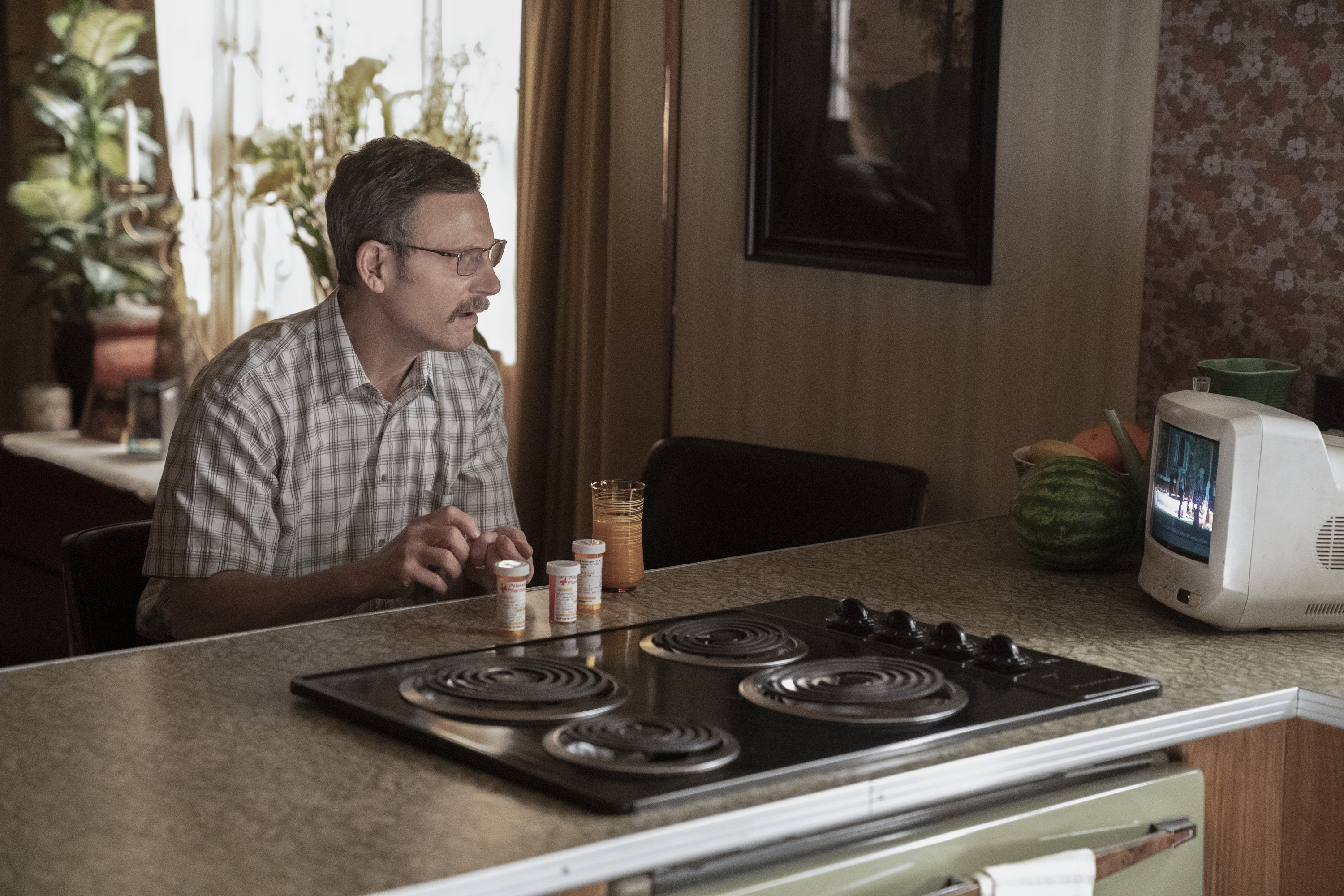National Geographic Set to Heat Up Audiences with ‘Hot Zone: Anthrax’
Network exec Carolyn Bernstein says 'Hot Zone' sequel about 2001 anthrax attacks builds on appeal of original 2019 series

The smarter way to stay on top of the multichannel video marketplace. Sign up below.
You are now subscribed
Your newsletter sign-up was successful
The 2001 deadly anthrax attacks are at the heart of National Geographic’s latest original series The Hot Zone: Anthrax, which debuts on the network Nov. 28.
The six-part series, which follows the network’s successful 2019 Hot Zone series that chronicled the origins of the deadly Ebola virus, stars Daniel Dae Kim and Tony Goldwyn and follows the investigation into anthrax-laced letters sent to several companies shortly after the 9/11 attacks in 2001.
National Geographic executive VP of global scripted content & documentary films Carolyn Bernstein recently spoke to Multichannel News about the origins of the series, how The Hot Zone: Anthrax compares to the original Hot Zone series, and what’s in store for the Hot Zone franchise going forward. An edited version of the interview appears below.
Picture This: What is the biggest difference between the original Hot Zone series and Hot Zone: Anthrax from a storytelling standpoint?
Carolyn Bernstein: We felt that the story for the original Hot Zone that focused on the Ebola virus coming into the US for the first time really made a lot of sense -- it felt very Nat Geo because at the center of the story was hard science, yet it was also a propulsive, suspense thriller. When that show performed incredibly well for us -- I believe it's our highest-rated scripted series ever -- we started talking about whether there could be a season two and become a franchise like what we did with our Genius anthology series. For it to make sense we needed to find another propulsive, suspense thriller from a storytelling and tone perspective that also had hard science and heroic scientists at the center of the storytelling. The anthrax story, which began in 2001right after the 9/11attacks, really checked those same boxes that season one did.
PT: With the country still dealing with the COVID-19 pandemic, are you concerned that audiences may not be ready to watch a series that loosely reminds them of what they are going through now?
CB: I think our audience is not one that wants to hide under the covers. They like to look at the truth head-on, so I'm not too worried about it. The amazing thing about the anthrax story is that it has an incredibly heroic FBI agent at its core. He's a character composite of a lot of different FBI agents, but he's a scientist as well. How often do you get to put scientists front and center of storytelling, but also deliver on an FBI-led crime story? So I think audiences are going to embrace it.
The smarter way to stay on top of the multichannel video marketplace. Sign up below.
PT: How do you walk the fine line between offering fictional elements to a series that’s based on true, fact-based information?
CB: I think audiences are pretty savvy. When you’re telling a story in a scripted series that’s fact-based or based on true events, they know that we take some creative license. Daniel Dae Kim’s FBI agent character is a perfect example. There were a number of FBI agents who were involved in the anthrax investigation over the course of a few years, but what made more sense from a storytelling perspective is to create a composite character that could carry the investigation across all of the episodes. I think audiences are really smart and understand that we do take some creative license, but we always need to get the important facts of the story right. It's a balancing act.
PT: Are you already thinking ahead about what the next Hot Zone might look like?
CB: The answer is yes, we’re thinking about what could work for a season three. We’re definitely not going to continue the anthrax story -- I think this season has a clear beginning, middle and end. We are looking for a suspenseful story to tell for season three that has science and scientists at the center of the storytelling. It’s a tall order, but one place to look is at COVID and what’s happening in our midst today as opposed to a story from the past. I think the reason that we haven’t committed yet is because while we know what the beginning and the middle of the COVID story is, we don’t know what the end is yet. ■
R. Thomas Umstead serves as senior content producer, programming for Multichannel News, Broadcasting + Cable and Next TV. During his more than 30-year career as a print and online journalist, Umstead has written articles on a variety of subjects ranging from TV technology, marketing and sports production to content distribution and development. He has provided expert commentary on television issues and trends for such TV, print, radio and streaming outlets as Fox News, CNBC, the Today show, USA Today, The New York Times and National Public Radio. Umstead has also filmed, produced and edited more than 100 original video interviews, profiles and news reports featuring key cable television executives as well as entertainers and celebrity personalities.

